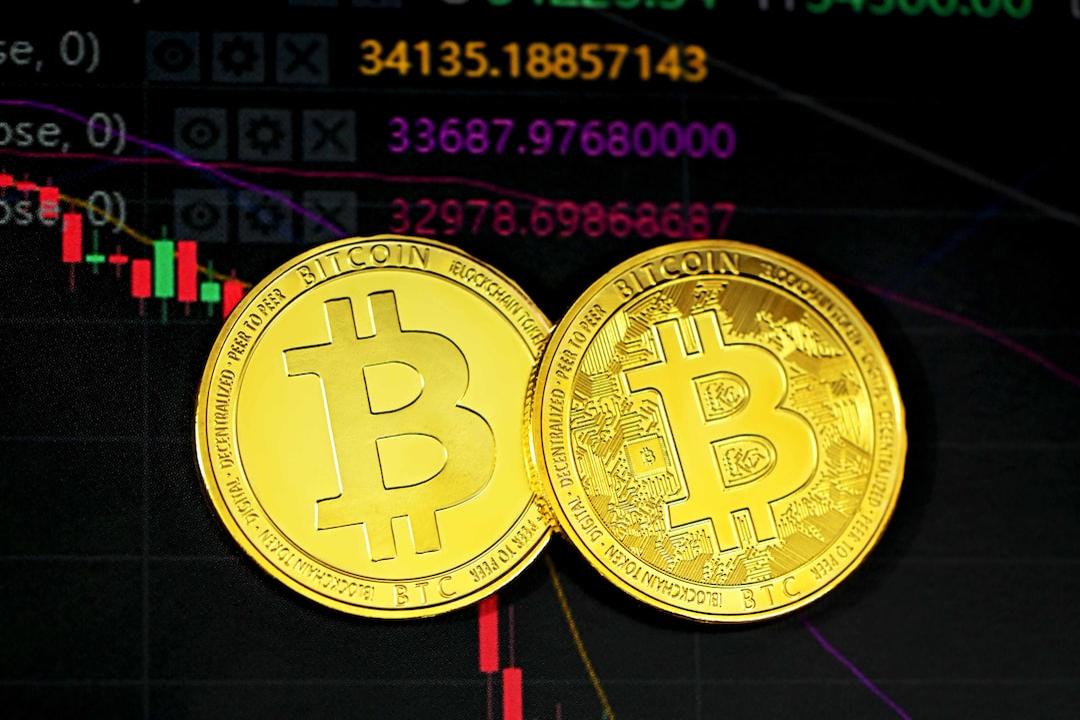The Central Bank of Nigeria (CBN) and Gluwa Nigeria have signed a memorandum of understanding (MoU) to promote the adoption of the eNaira central bank digital currency (CBDC). Gluwa, a blockchain-based financial platform with a presence in Nigeria for several years, will integrate its Credal technology into the eNaira platform as an agent partner of the CBN. This integration aims to establish “credit reputations” for unbanked users, thereby advancing financial inclusion. These credit profiles will have cross-border accessibility and enhance the effectiveness of the CBDC.
This partnership is part of the CBN’s ongoing efforts to increase eNaira usage. Launched in October 2021, the eNaira is the world’s second-oldest CBDC. However, as of mid-2023, less than 1% of Nigerians with bank accounts had eNaira wallets, and only 1.5% of wallet holders were active on a weekly basis.
Credit ratings remain a significant challenge in Africa, with only 20% to 30% of Africans having a credit score. This leaves the majority of the population “invisible” to lenders. Some blockchain-based solutions, including those that use non-fungible tokens (NFTs) and capture information from low-value peer-to-peer transactions, have been introduced to provide Africans with credit histories.
In Africa, mobile phones are often used as alternatives to traditional financial infrastructure, and Gluwa, among other payment solutions, relies on this widespread mobile phone usage.
Gluwa has been operating in Nigeria since at least 2022, when it collaborated with the Lagos regional government to tokenize agricultural assets. In April 2023, it publicly offered its expertise to advise the Nigerian government on cryptocurrency policy. The Nigerian government has had a contentious relationship with cryptocurrency exchanges, and in February, it specifically targeted Binance, leading the exchange to announce its cessation of naira operations on March 8.
Gluwa’s founder and CEO, Tae Oh, also serves as the head of the Creditcoin Network, which, like Gluwa, is a layer-1 blockchain. Creditcoin creates a public ledger of credit history and on-chain loan performance.
In Senegal, Bitcoin has gained popularity, prompting curiosity about why this African country has embraced BTC.

